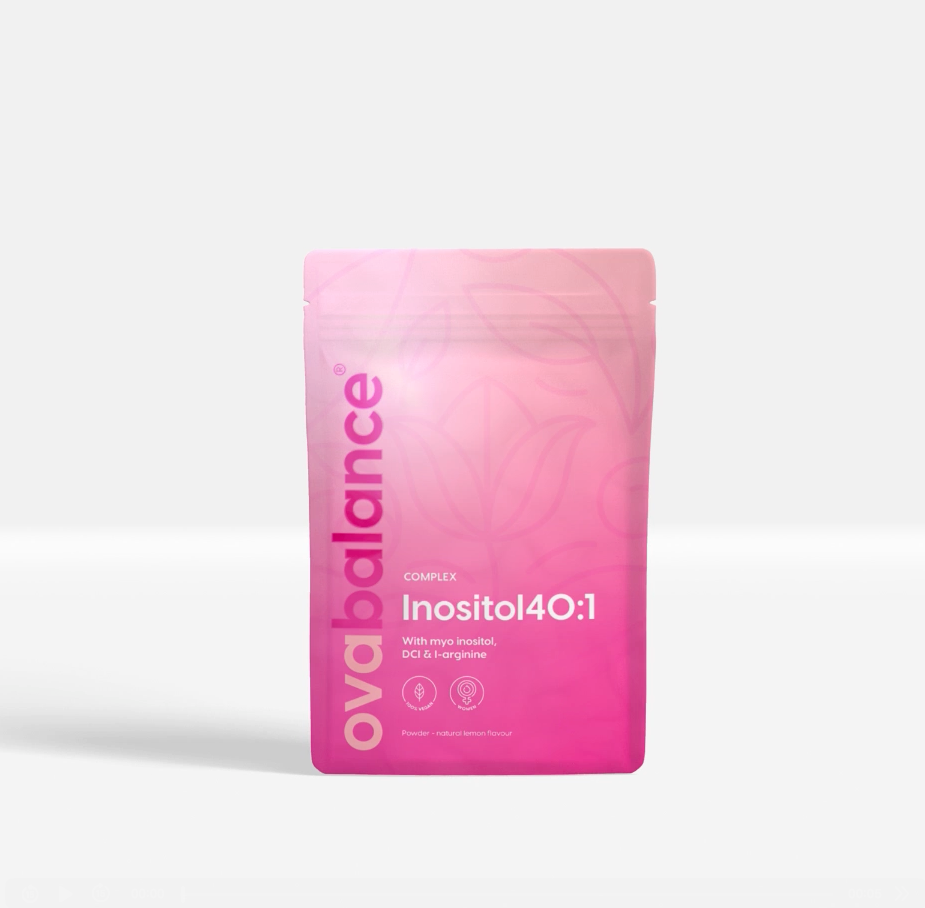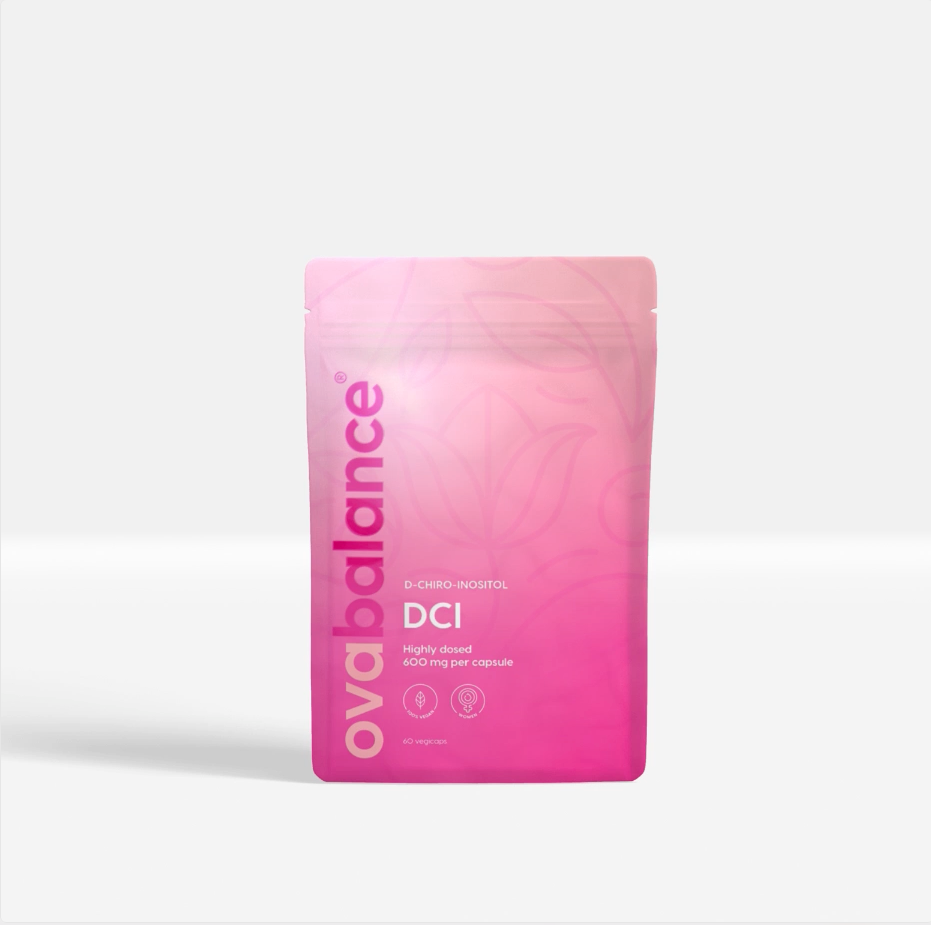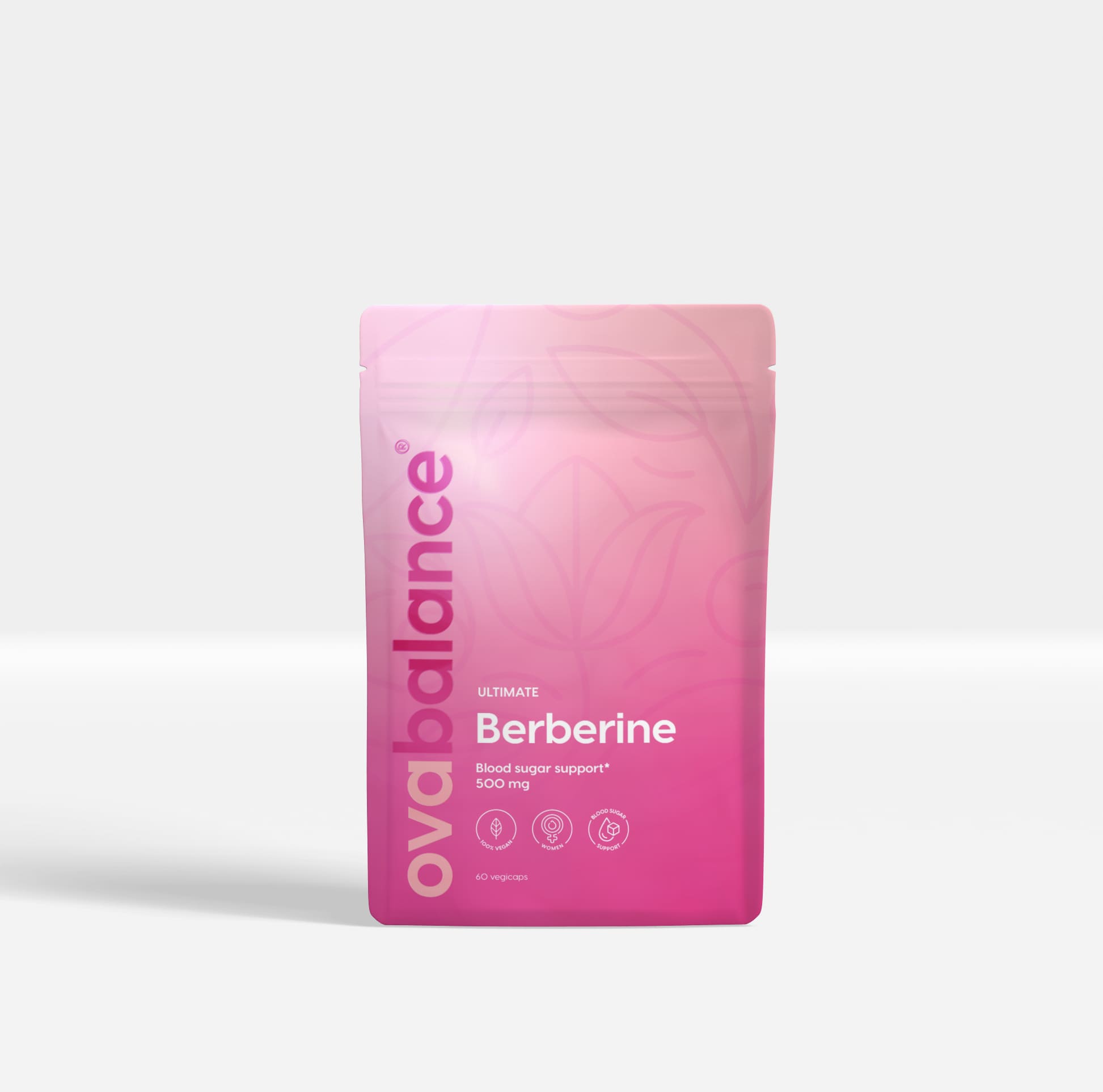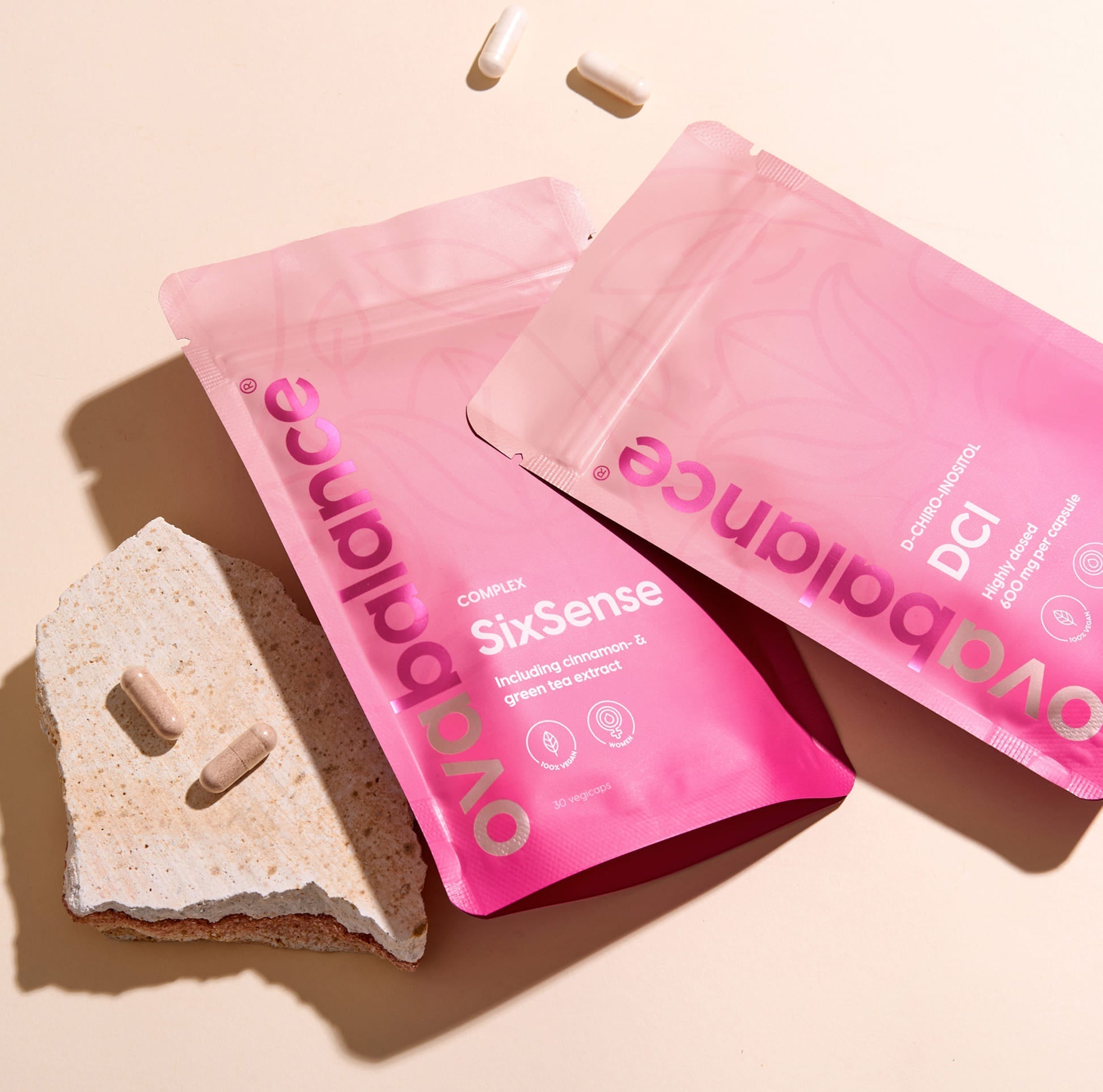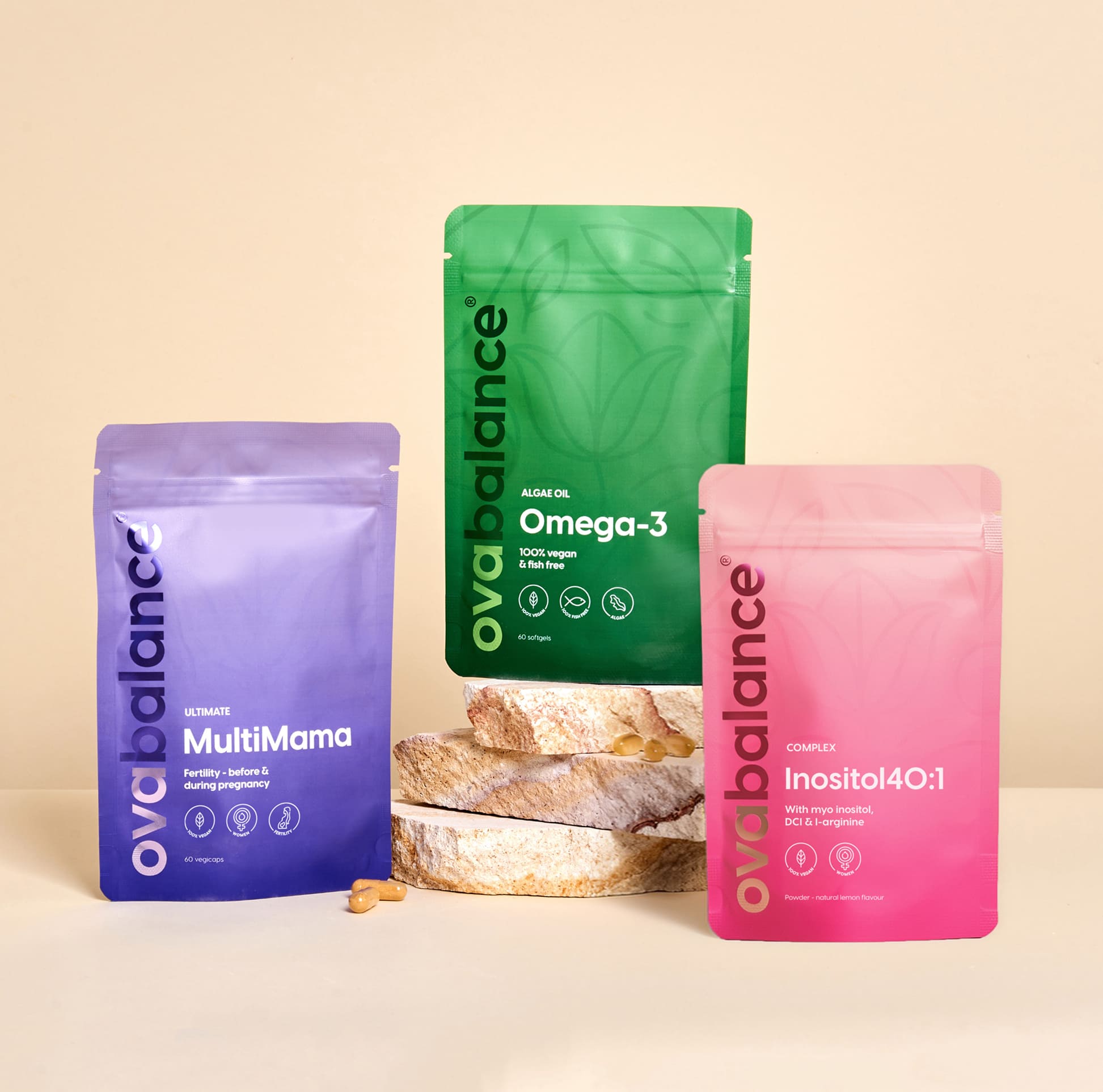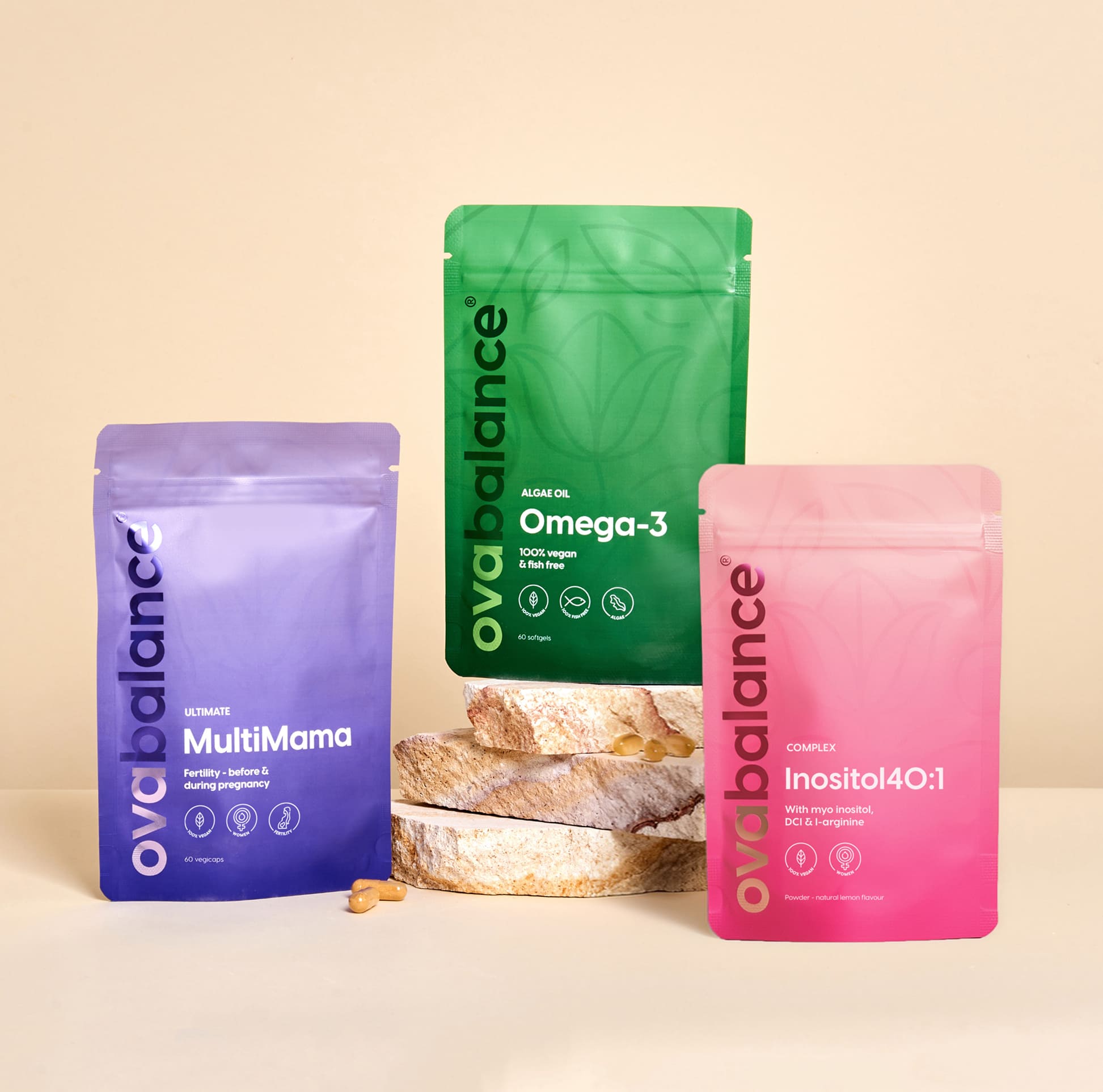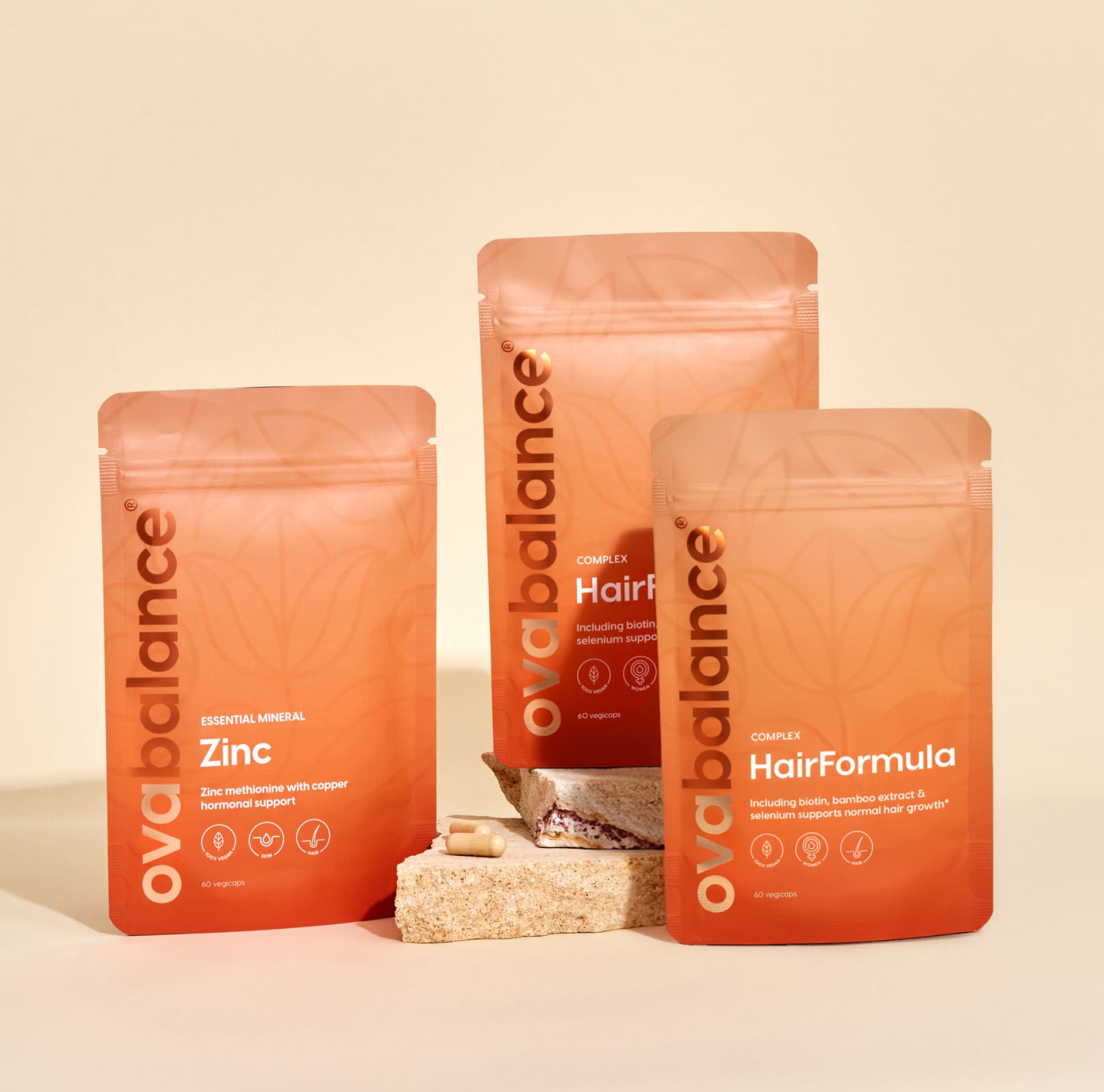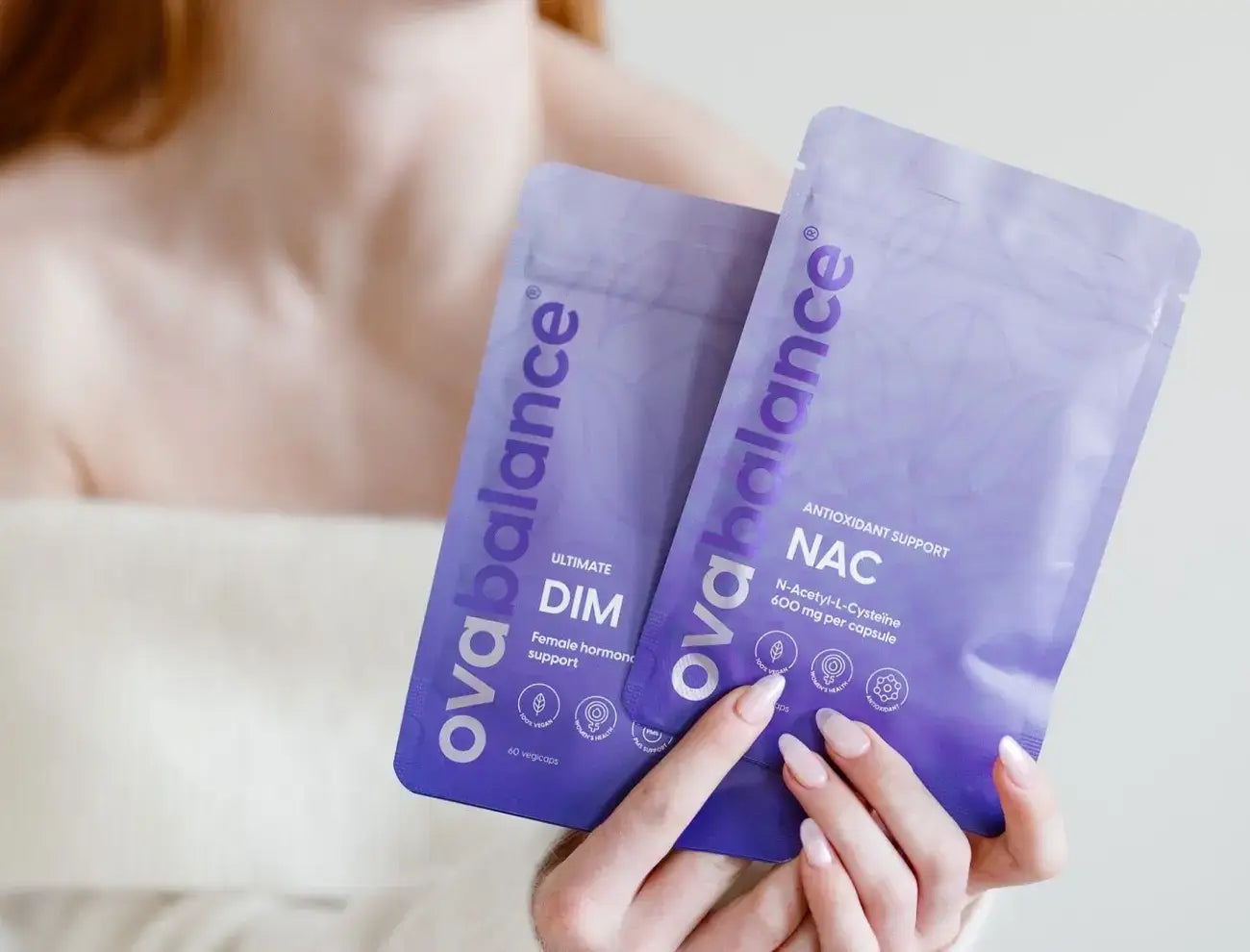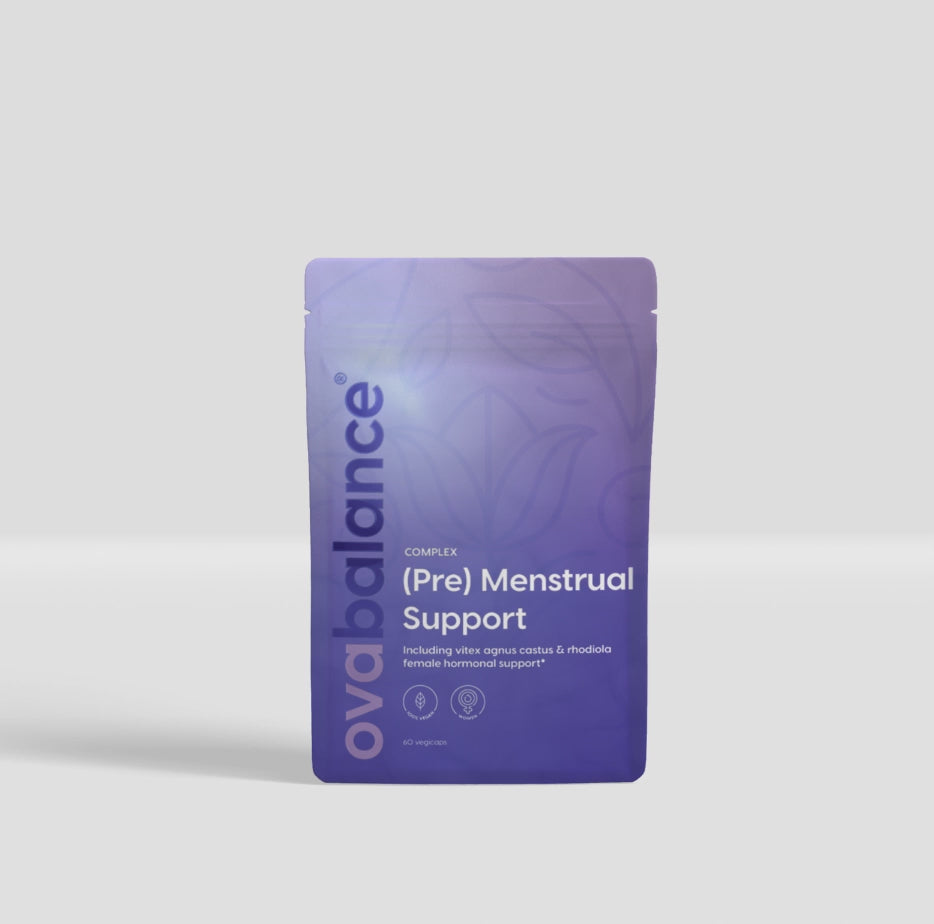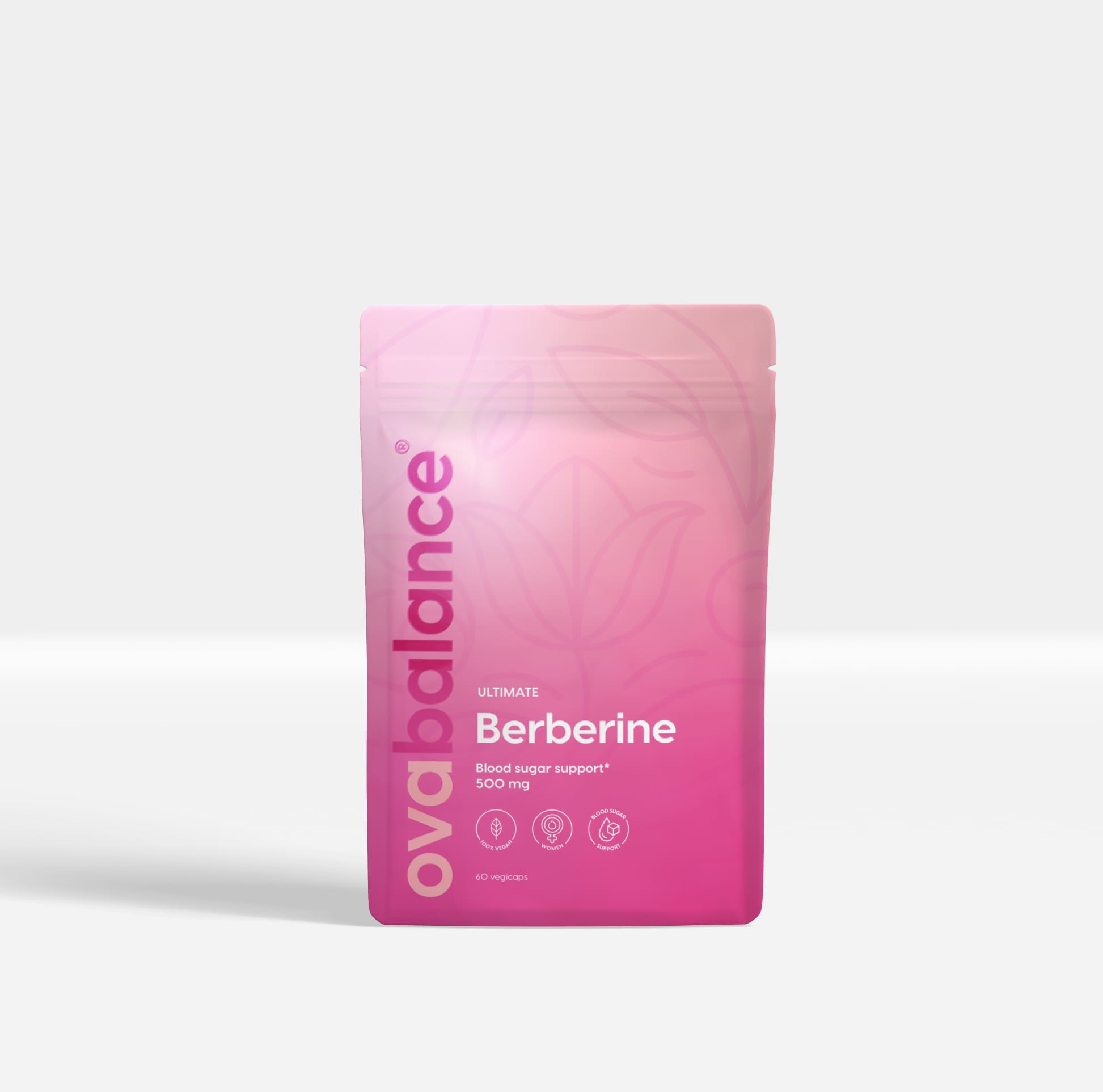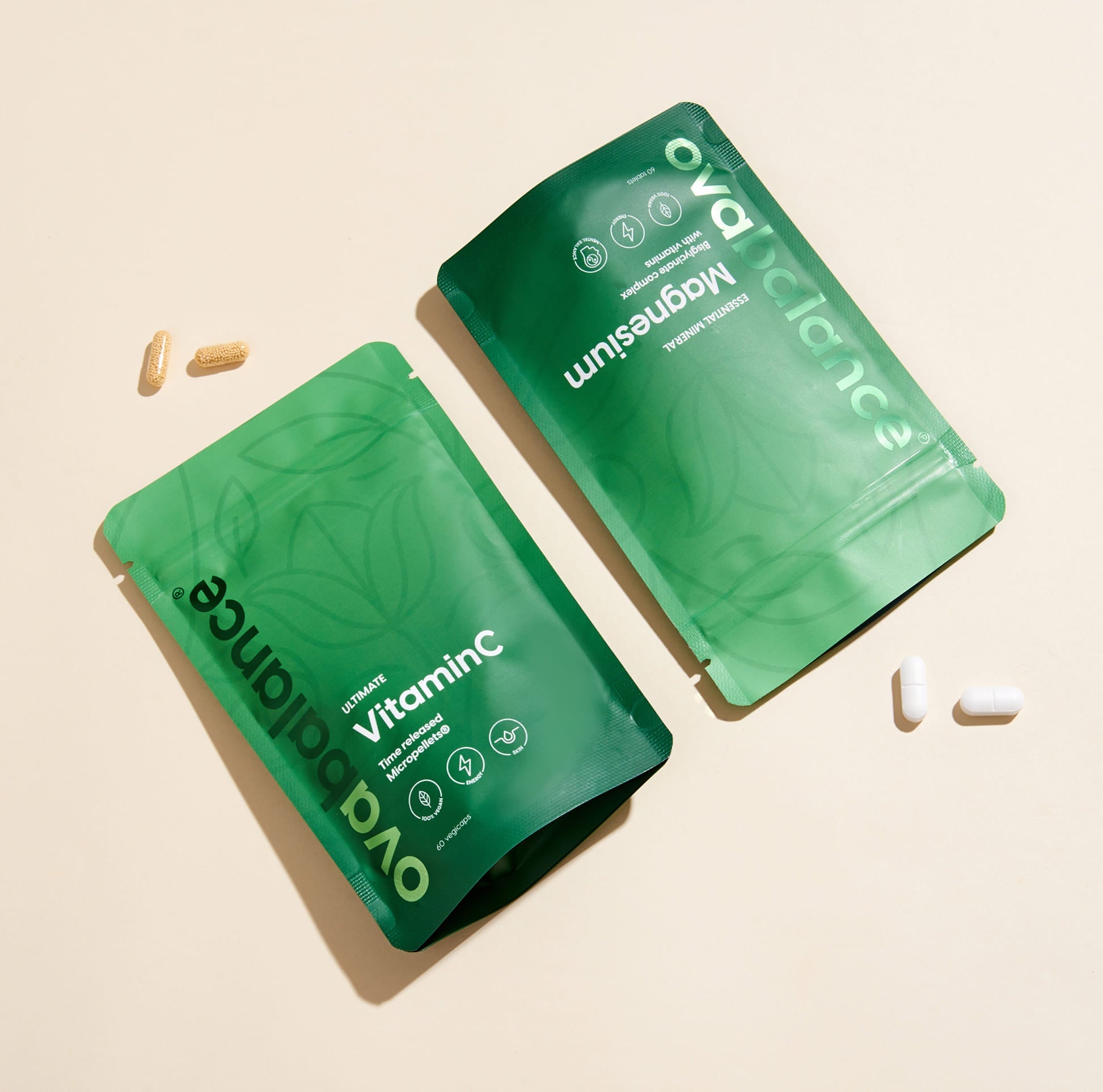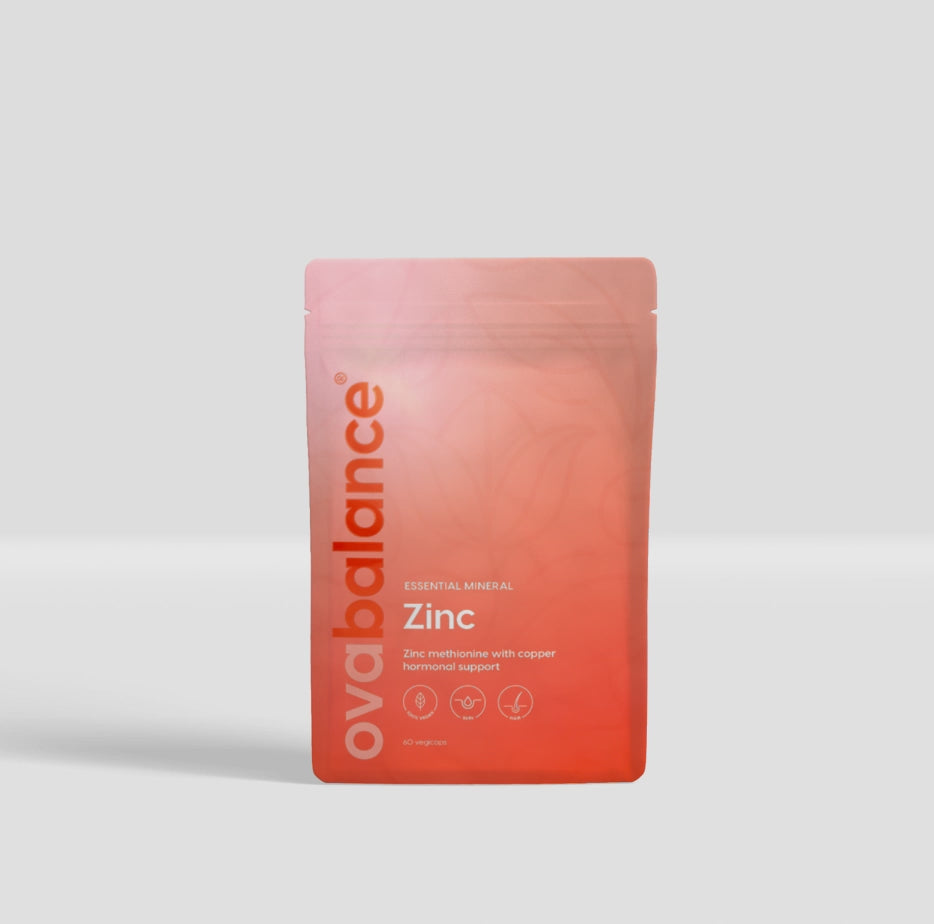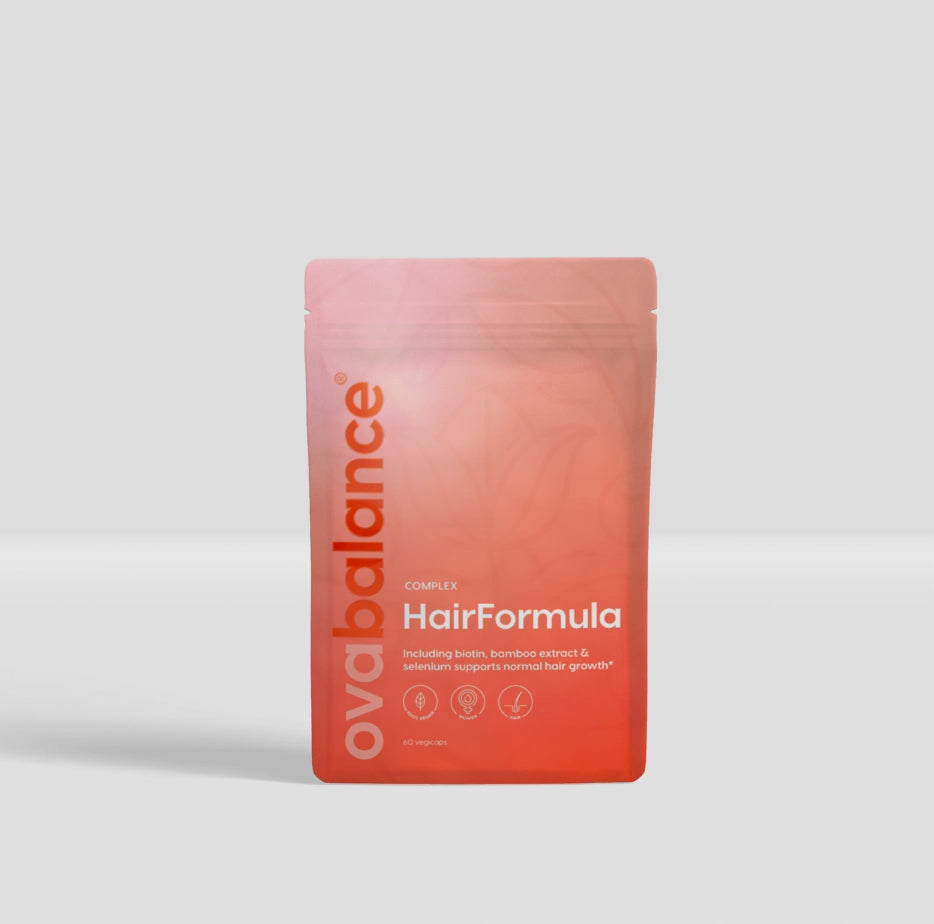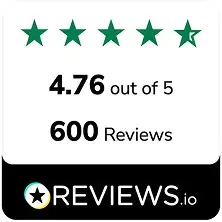

In the world of health and wellness, there is much talk about the importance of a balanced diet and an active lifestyle.
Which is completely true, but what if I told you that even if you think you’re making the right nutritional choices, you could still be lacking some essential nutrients? That’s where basic supplementation comes in.
"60% of Dutch people sometimes use supplements to support their health."
Contents
What is basic supplementation?
Basic supplementation refers to the daily replenishment of essential nutrients that our bodies need for optimal health. This includes vitamins, minerals, antioxidants, and other bioactive substances that are often not obtained in sufficient quantities through our normal diet. These supplements are intended to correct any deficiencies and ensure that our bodies can function properly.
Why do we need basic supplements?
There are several reasons why basic supplementation is important, even if you eat healthy:
-
Nutritional Deficiencies: Even with a balanced diet, it can be difficult to get all the nutrients you need.
You may not be eating enough fruits, vegetables and fish each week, but even if you do, it is more difficult to get enough.
There are fewer nutrients in it than before. How is this possible? It is actually very simple: what is not in the soil, is also not in the vegetables and fruit on your plate. Since the more intensive agricultural methods, our agricultural land has become very impoverished. Especially when it comes to non-organic agriculture.
Basic supplements can help to replenish any deficiencies.
-
Lifestyle and Stress: Busy lifestyles and chronic stress can increase the need for certain nutrients. Supplements can help meet this additional need.
Our ancestors were almost always outside. We spend our days much more indoors. So we are much less in the fresh air and are less exposed to sunlight.
- Hormonal imbalance: Hormonal imbalance and a deficiency of certain vitamins and minerals often go hand in hand. And a lack of nutrients can also be the cause of a hormonal imbalance.
Supplements are not a substitute for a healthy diet
This better be clear. Supplements never replace a healthy diet. So it is not true that you no longer have to eat healthy when you take supplements.
But nutritional supplements do offer support. In our opinion, basic supplements are therefore a valuable addition for everyone.
Precisely because it has become more difficult to get all your nutrients. And we can also produce vitamins less easily (less outside) and use more vitamins and minerals (more stress, more 'toxins'). The more stress you experience, the more magnesium you use, for example.
Important Basic Supplements
Of course, not everyone has the same needs when it comes to basic supplementation,
but these are 4 supplements that are useful for almost everyone:
Multivitamin
A multivitamin is a nutritional supplement containing a wide variety of nutrients.
A good multivitamin contains well-absorbable forms of vitamins and minerals. And here it sometimes goes wrong. There are namely a lot of multivitamins on the market with poorly absorbable substances and/or low-dosed capsules.
MultiMama is a multivitamin specially developed for women who want to have children, during pregnancy and breastfeeding.
Omega-3
If you don't eat oily fish (on principle or don't like it) or don't consume it regularly twice a week, there's a chance you have an omega-3 fatty acid deficiency.
Omega-3 is essential for the health of your brain, heart and blood vessels.
In addition, omega-3 fatty acids play a role in regulating inflammatory processes in the body. They are essential fatty acids, which means that your body cannot produce them on its own.
This is especially true for pregnant women, as omega-3 is crucial for the baby's development. Up to 50% of the fatty acids the baby needs are taken from the mother during development.
Vitamin D
Vitamin D is very important for supporting the immune system and is crucial for the absorption of calcium and phosphorus, which are essential for strong bones.
Vitamin D is partly produced in the skin when it is exposed to sunlight. But if you live in a climate where the sun does not shine year-round, or if you have limited sunlight exposure for other reasons (such as if you work indoors a lot), you may develop a vitamin D deficiency.

